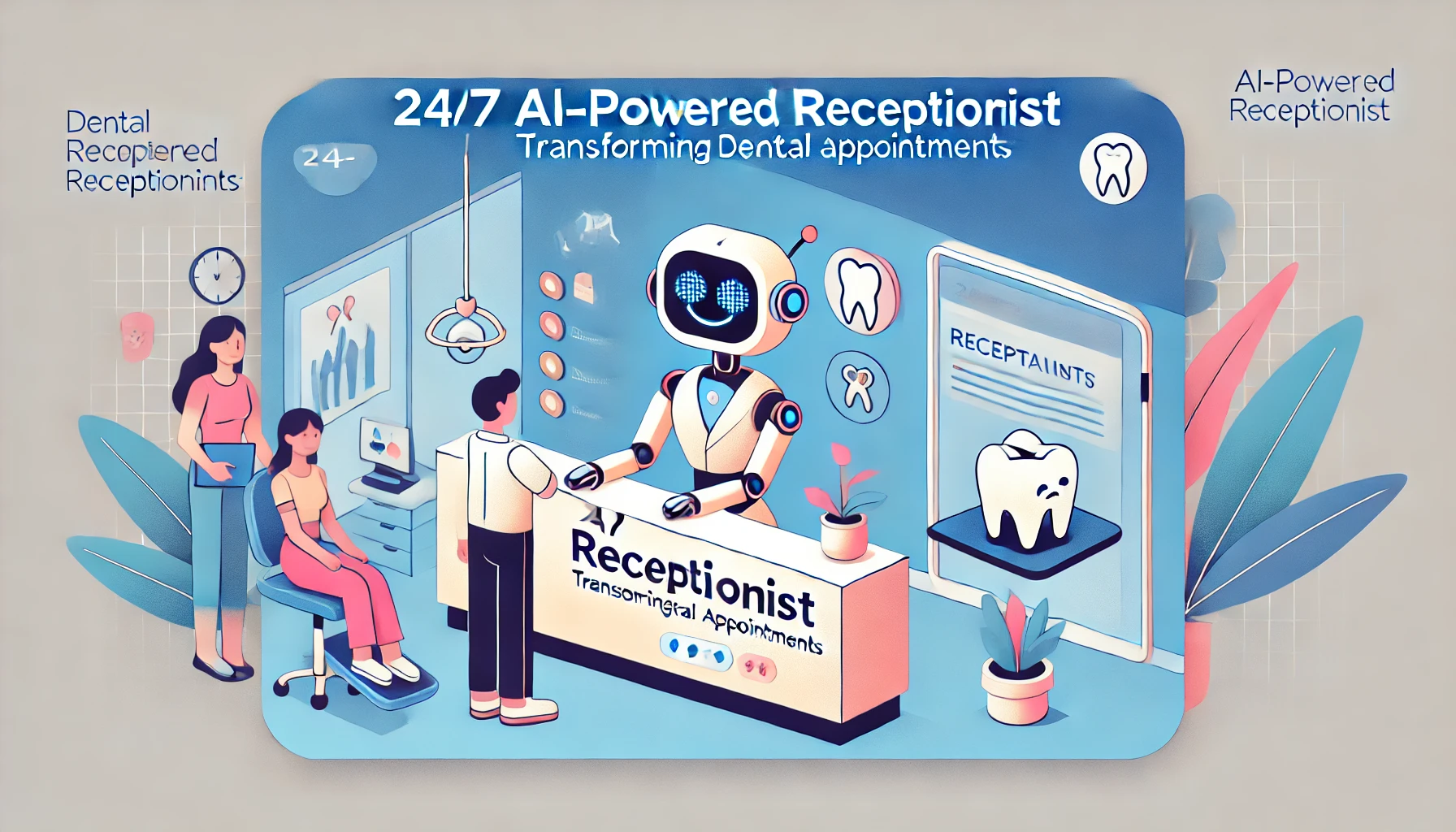
As the dental industry embraces technological advancements, AI-powered receptionists are emerging as game-changers, particularly in the realm of appointment scheduling. These intelligent systems are designed to operate around the clock, offering unprecedented efficiency and accessibility to both dental practices and patients.
Unmatched Efficiency and Accessibility
The integration of AI receptionists into dental practices brings about remarkable efficiency in managing appointment schedules. These AI-driven systems are available 24/7, allowing patients to book, reschedule, or cancel appointments at any time, without being constrained by traditional office hours. This continuous accessibility helps in significantly reducing no-shows and ensures optimal utilization of resources within the practice.
By automating routine scheduling tasks, dental staff are freed from administrative burdens, enabling them to focus on providing quality patient care. The AI receptionist can handle multiple scheduling requests simultaneously, a feat that would be challenging for human staff to match, especially during peak hours.
Enhanced Patient Interaction
AI receptionists are equipped with advanced natural language processing capabilities, making patient interactions smooth and intuitive. Patients can engage with the AI system to get answers to common queries, receive appointment reminders, and manage their bookings with ease. This not only improves the patient experience but also ensures that communication is consistent and reliable.
“AI receptionists are not just about efficiency; they significantly enhance the overall patient experience by providing continuous support and convenience.”
In addition to scheduling, these AI systems can also gather preliminary patient information, which can be valuable for the dental practice to prepare for appointments. This proactive approach helps in creating a personalized experience for patients, fostering a sense of care and attention from the very first interaction.
Operational Advantages
The adoption of AI receptionists offers substantial operational benefits for dental practices. By automating scheduling and routine inquiries, practices can allocate their human resources to more complex and critical tasks, thereby improving overall productivity. The accuracy and consistency of AI systems also reduce the risk of errors in appointment scheduling, leading to better patient management and satisfaction.
Moreover, AI receptionists can analyze scheduling patterns and patient behavior, providing insights that can help practices optimize their operations. For example, understanding peak booking times can assist in staffing decisions, ensuring that sufficient resources are available during busy periods.
Scalability and Cost-Effectiveness
AI receptionists are highly scalable, making them suitable for dental practices of all sizes. Whether a small clinic or a large dental chain, these systems can be customized to meet specific needs and handle varying volumes of appointments. This scalability ensures that practices can continue to provide excellent patient service even as they grow.
From a cost perspective, AI receptionists offer significant savings. By reducing the need for extensive administrative staff and minimizing appointment no-shows, practices can lower their operational costs. The return on investment for implementing AI receptionists becomes evident through improved efficiency, enhanced patient satisfaction, and reduced overheads.
Future Prospects
As AI technology continues to evolve, the capabilities of AI receptionists will expand further. Future advancements may include more sophisticated patient interaction features, integration with electronic health records for seamless information flow, and enhanced predictive analytics for better resource planning.
In conclusion, AI-powered receptionists represent a transformative solution for the dental industry. By revolutionizing appointment scheduling and improving operational efficiency, these systems help dental practices provide better patient care while optimizing their resources. Embracing this technology not only meets the current demands of modern healthcare but also sets the stage for future innovations.
